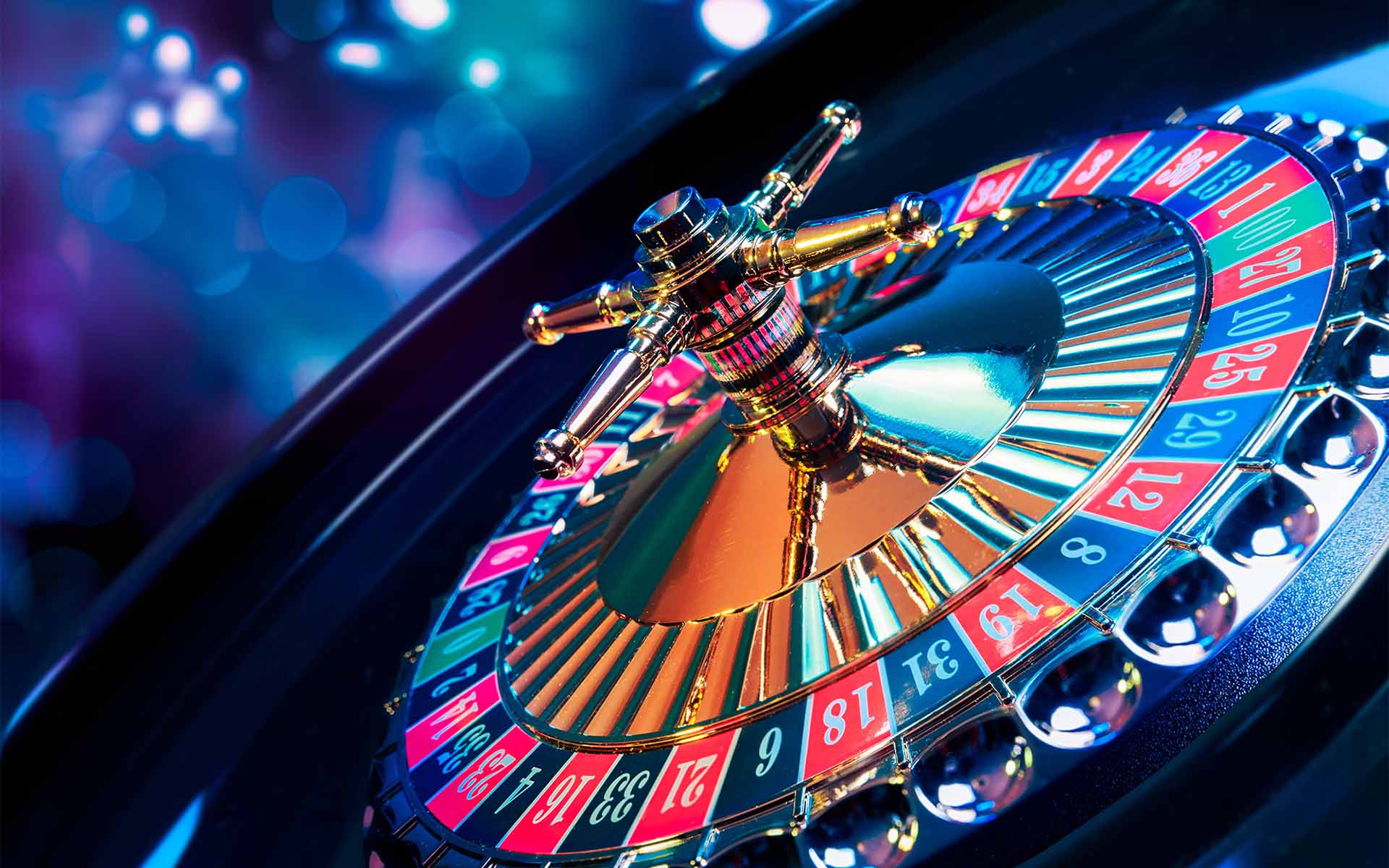
Casino entertainment have long been a significant aspect of human culture, providing not just entertainment but a captivating reflection of our hopes, dreams, and fears. From the rotating wheels of a slot machine to the strategic gameplay of poker, these games represent a spectrum of human sentiments and events. At their core, casino games are more than a chance to make profits; they are a snapshot of life itself, where danger and gain converge and fortunes can change in an instant.
As players convene around tables or sit in front of glowing machines, they take part in a ritual that transcends mere betting. These games reflect our innate desires for relationships, thrill, and the search for fortune. bookmakers no AAMS They also unveil deeper truths about human behavior, such as our relationship with fate and the adrenaline of risk. In exploring casino games, we uncover not only the nuances of play but also the intricate pattern of the human experience, showcasing our interconnected narratives of hope and reality.
The Mind Behind Gambling
Wagering is deeply rooted in the psyche of individuals, tapping into various feelings and desires. The excitement of risk-taking is a core aspect that attracts participants, be it it’s thrill of spinning a roulette or the anticipation of drawing a winning card in a poker game. This adrenaline is frequently likened to other forms of thrill, as the unpredictability of outcomes triggers a distinct psychological response. Players often find themselves entranced by the chance of striking it rich, leading to an almost magnetic draw toward casino games.
Additionally, an essential component of the psychology behind gambling is the concept of hope and ambition. Players often indulge in dreams of financial freedom and the luxurious lifestyle that can accompany winning. This optimism fuels their continued participation in gambling, as it provides a sense of meaning and the conviction that a transformative win could be just one bet away. The narrative of beating the odds and achieving success resonates with many, strengthening their commitment to play and engage with these games.
Lastly, social aspects play a significant role in gambling psychology. Gambling venues are designed to foster social interaction, where gamblers gather to share the journey of wins and losses. This communal aspect not only amplifies enjoyment but also affects behavior, as individuals often mimic the actions of others around them. The collective approval found in mutual thrill can enhance the emotional experience, making casino games a reflection of not just personal desires but also shared involvement within the gambling community.
## The Dual Nature of Risk and Reward
Casino games embody the fragile balance between risk and gain that resonates profoundly with the human experience. The rush of placing a bet is often accompanied by a surge of excitement, as gamblers are confronted with the chance of winning big, yet fully aware of the possibility to suffer losses. This twofold experience reflects a fundamental aspect of life: the choices we make often come with built-in risks, and the chase for gain can push us to make risky moves we might not normally consider. In this way, casino games echo real-world choices, enticing players to gamble not just their capital, but also their hopes.
The allure of grand jackpots and payouts fuels a wave of hope, inspiring gamblers to imagine a brighter future that could emerge from a fortunate turn of the roulette or dealing of a hand. This hope can drive individuals to engage in more daring actions, encouraging them to take greater risks in search of financial gain. However, just as in life, the results of these decisions can lead to both triumph and loss. The narratives of both big winners and those who have lost everything at the tables demonstrate the unpredictable nature of luck and its significant impact on our lives.
Ultimately, the interaction of engaging with gambling activities serves as a vivid illustration of the human condition. Every session played is filled with the tension of uncertainty, as gamblers weigh the rewards against the risks. This dynamic not only highlights the thrill that comes with betting but also reveals the weaknesses that come with the longing for more. As we explore the challenges of decision-making and consequence in both the gambling world and in life, we find that the search for benefit shapes our character and lives in profound ways.
Community and Loneliness in Gambling Environment
Gambling environment is a distinct combination of communal engagement and personal pursuit, reflecting the dualities of individual experience. Gamblers often gather around games, sharing in the thrill of the action, rejoicing in wins, and commiserating over losses. This communal aspect is crucial, as it fosters a sense of belonging and camaraderie among diverse groups of people. Regular attendees to casinos may form friendships and develop routines, turning the gambling venue into a alternative home where they experience linked to a larger community of players.
However, the allure of gambling games can also lead to isolation. As players become engrossed in the thrill of playing, they may isolate from personal connections or fail to engage with the world outside the casino. For some, the search of a windfall can distract from real connections, leading to loneliness. The situation of being among people yet experiencing solitary is not rare, as the focus shifts from shared enjoyment to the private concerns of each individual’s journey.
This interaction of society and isolation creates a rich mosaic that defines casino atmosphere. It showcases the intricacy of social interactions, where happiness and despair coexist. Casinos serve as both a sanctuary for social interaction and a stage for individual challenges, illustrating how intimately connected our desire for companionship and the individual quest for fortune can be. In navigating this environment, gamblers confront their own narratives—seeking both the thrill of the game and the companionship of fellow gamblers, ultimately mirroring the wider spectrum of human experience.